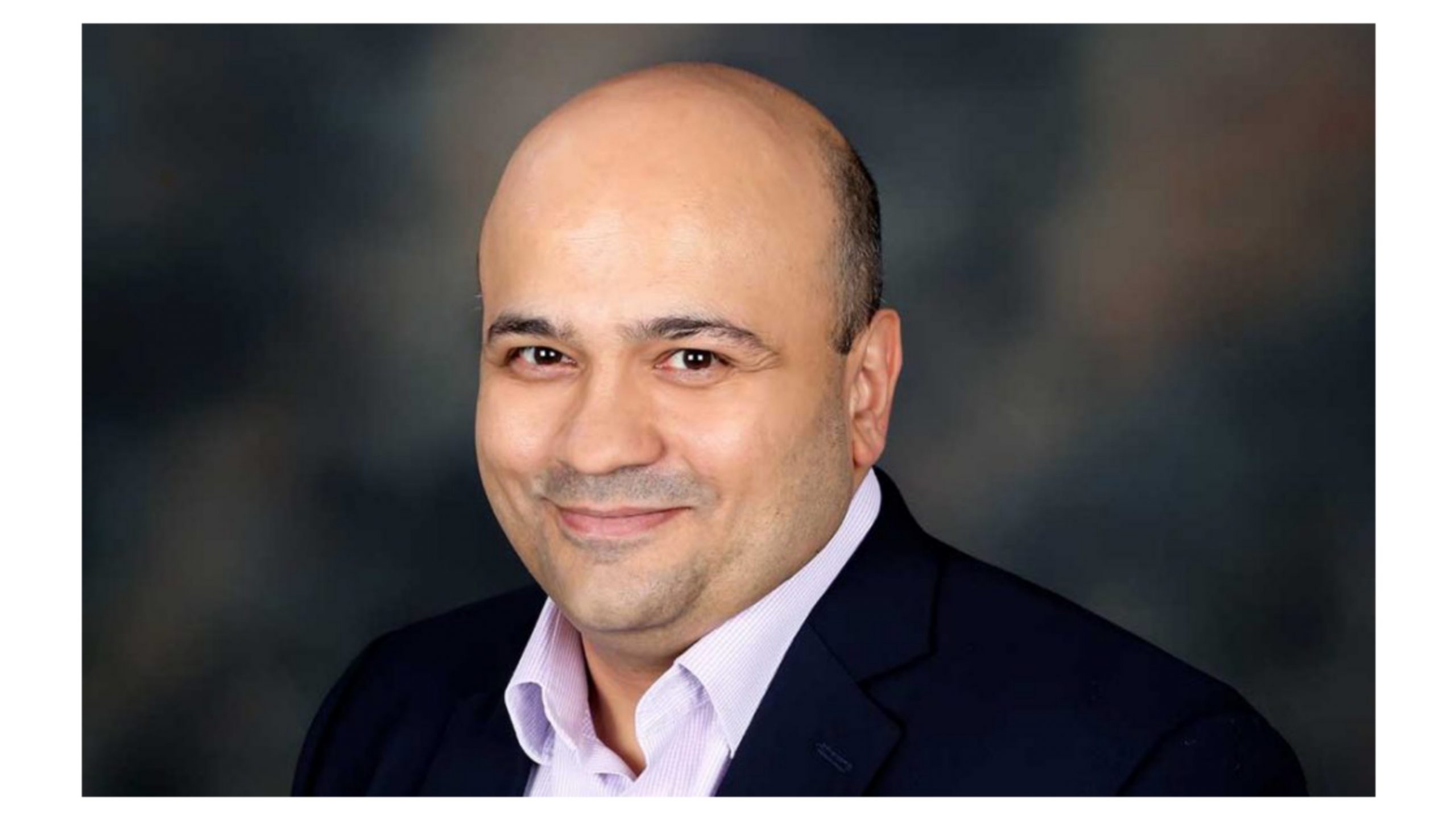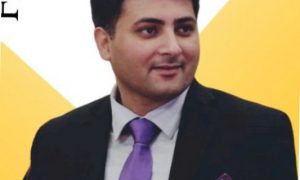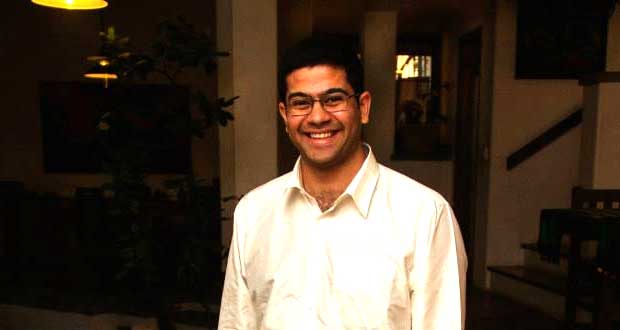Ramanand Mundkur graduated from National Law School of India University (1989-1994). He is the managing partner of Mundkur Law Partners, and heads its corporate, M&A and life science practices. He has over twenty years of international work experience, having previously worked with the International Monetary Fund in Washington DC, the United Nations in Geneva, and Arthur Andersen in India before setting up MLP in 2007.
Ramanand won multiple academic gold medals when graduating from India’s leading National Law School, and also holds a master’s degree from Harvard Law School, where he was a Langdon E. Gammon fellow and a Myer and Etta Dana scholar. He is qualified to practice law in India and New York.
In this interview he talks to us about:
- His areas of interest in law.
- His experience at International Monetary Fund in Washington DC.
- How his experience at Harvard prepared him for a life of academic prestige and professional success.
- What he looks for in a typical cover letter and CV.
How would you like to introduce yourself to our readers?
I’m a corporate and transactional lawyer, based out of Bangalore.
What led you to choose legal profession?
I entered law school entirely by accident. A friend suggested me to appear for the NLSIU entrance exam and I got in. But after the first class at NLSIU (which I still remember vividly, with Dr. Menon repeatedly asking us “What is law?” and no answer being complete or satisfactory), I was hooked. I can’t think of any other subject or profession that provides the intellectual fulfillment that law does.
So while I might have chosen law school by accident, I chose the law as a profession very deliberately. I suppose we were incredibly lucky to have been around when NLSIU was just set up, and to have that fantastic group of teachers who kindled our passion for the law.
What were your areas of interest in the law? Did you engage in extracurricular activities while in college?
One of my greatest difficulties has been identifying one or two “areas of interest” in the law—I found them all fascinating. I probably chose corporate law and public international law because they offered economic stability fairly early in my career and because the other areas of law e.g., constitutional law, criminal law, property, evidence, etc. didn’t appeal to me.
Being part of the first few batches of NLSIU, I was lucky enough to be able to participate in pretty much all the extracurricular activities on offer: mooting, debating, quizzes, theatre, music (a bunch of us euphemistically called ourselves a band), cricket, football and whatever else was available to us.
You have worked with the International Monetary Fund in Washington DC. Please share your experience.
The Fund is a fantastic place to work at and I miss both the people there and the work I did. As a lawyer, I initially worked on the legal aspects of Fund relations with member countries (both borrowing countries as well as other Fund members). Over time, the scope of work widened to cover issues such as the Fund’s internal governance rules (including quotas, voting rights, criteria for recognition of new sates and representation) and technical assistance to certain member countries.
As a Managing Partner of the firm, what is an average day at work like?
It’s not as attractive as I hoped it would be. A large part of each day is spent on purely administrative issues. Moreover, because we’re a boutique firm, one has to wear many hats—advising clients, bringing in new work, ensuring we stay current with changes in the law, dealing with HR issues, managing firm finances, dealing with firm IT issues, all the way through to being “chief bottle washer” whenever required.
How well did your experience at Harvard prepare you for a life of academic prestige and professional success?
Harvard is probably the finest example of an enabling environment. As a student there, you’re surrounded by extremely bright, self-motivated individuals and achievers, with infrastructure and resources that are the best in the world. The faculty is outstanding and their areas of work and research are invariably cutting edge or path breaking. At times I felt one could learn and grow just by being there.
What do you want to say to the next generation lawyers? Which are the growing areas of law where a new law student or young lawyer can focus and distinguish himself?
Questions like that tend to be a little depressing (and ageist)—I’m definitely in no position to take on the role of an avuncular eminence grise—advising “the next generation” of lawyers. One bit of experience I would share with law students, though, is to not chase “growing” areas of the law or the next big thing. Instead, and this is pretty obvious: if you do what you enjoy, you’ll find that you enjoy doing what you do!
Do you take interns? What do you look for in a typical cover letter and CV? How can interns manage to get positive feedback in the limited time they have?
Yes, we do have an active internship program that works directly with certain law schools. The law schools that we work with in this regard send us CVs of suggested candidates from their senior batches, and we offer internship slots to those candidates through the law schools. As a result, we often find we don’t have slots available for individual applicants, who haven’t applied through their law schools. We encourage law schools to sign on to this program, and the schools’ placement officers can write to us at [email protected] for this purpose.
With regard to cover letters and CVs, we look for candidates who have a consistent and reasonably strong academic, and who demonstrate that they’ve spent some time thinking about why they want to apply to our firm, and why our firm might benefit from hiring them.
What would be your advice to our budding lawyers?
I think this question has been answered. And it also reminds me of one other piece of advice I got early in my career and I’m happy to share with budding lawyers: it’s very important for a lawyer to know when to stop speaking.























